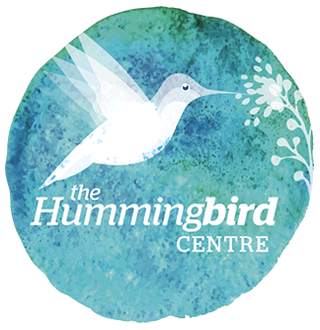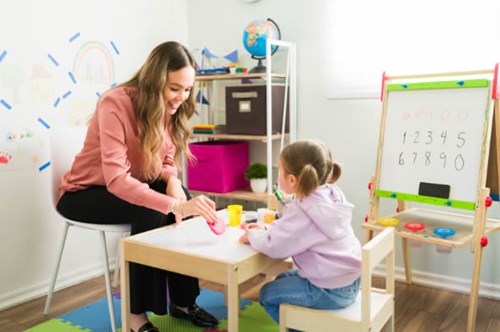Play Therapy
Play therapy is a form of psychotherapy primarily designed for children. It utilises play, which is a natural medium of expression for children, as a means to help them communicate their thoughts, feelings, experiences, and problems. In play therapy, our clinicians use various toys, games, art materials, and activities to engage children in a therapeutic process.
The underlying principle of play therapy is that children often have difficulty expressing themselves verbally, especially when it comes to complex emotions or traumatic experiences. Through play, children can symbolically act out their inner world, explore different roles, work through conflicts, and develop problem-solving skills. Our clinicians observe the child's play and may intervene at appropriate moments to facilitate understanding, provide support, and foster emotional growth.
Play therapy can be used to address a wide range of issues, including behavioural problems, anxiety, depression, trauma, grief, social difficulties, and family conflicts. Play therapy techniques can be adapted to suit the developmental level and cultural background of each child.
Overall, play therapy provides a safe and supportive environment for children to express themselves, process their experiences, and develop healthier coping mechanisms, ultimately promoting emotional well-being and psychological growth.

